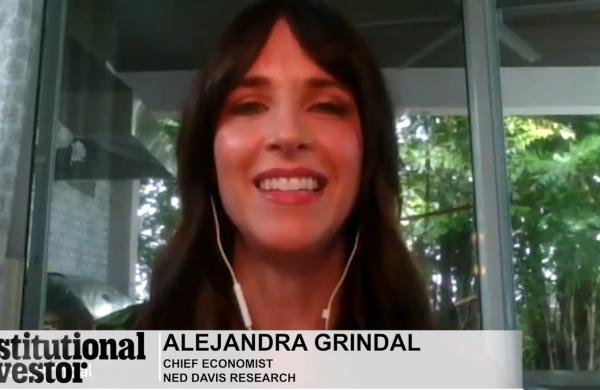Wanting to stay in the VC game but anxious to remove some of this extreme volatility from its books, the media and information giant last month spun off its six-year-old Greenhouse Fund into a new entity, Reuters Venture Capital. Reuters will now limit itself to minority stakes in funds managed by the same team that oversaw Greenhouse's $415 million of investments. Reuters got started early enough to rack up some healthy gains; 25 of the 83 companies it invested in went public - among them, Orchestream, VeriSign and Yahoo! - or were acquired, as was the case with online brokerage Patagon.com, by Banco Santander Central Hispano.
"We come at this with Reuters' blessing. It will be better not to be tied to one firm," says London-based John Taysom, 47, who founded Greenhouse and oversaw a portfolio that consists mainly of companies that provide Internet infrastructure, security and other e-business software. Taysom's co-managing partner, San Francisco-based David Lockwood, 41, adds: "We were responsible for 9 percent of Reuters' earnings last year; that's more volatility than Reuters wants. They want to get away from the VC world financially but stay in strategically."
RVC hopes to raise a $250 million fund before year-end in what Lockwood, a former Goldman Sachs banker who joined Greenhouse in January 2000, calls "the toughest VC environment in a decade." He is optimistic that Reuters' name and track record will attract a crowd but concedes that in this tech slump, "We won't know until the checks are written."




